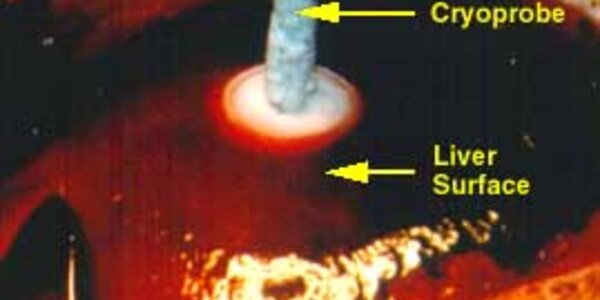Killing Cancer With Cold: Cryoablation Technology Studied For Use Against Invasive Breast Carcinoma
Honoring Breast Cancer Awareness Month, doctors and scientists have turned toward the examination of simpler techniques for outwitting cancer growth and progression. The next cancer treatment may not be a new gamut of drugs aimed to block cancer cell metabolism, bacteria bred to eat cancer or mutant immunoglobulin that will cure us of our tumors; it may simply be cold treatment to freeze cancer tissues.
Cryoablation, the use of extreme cold in an isolated area, has been identified as a possible cancer treatment by The American College of Surgeons Oncology Group and is the center of a National…

